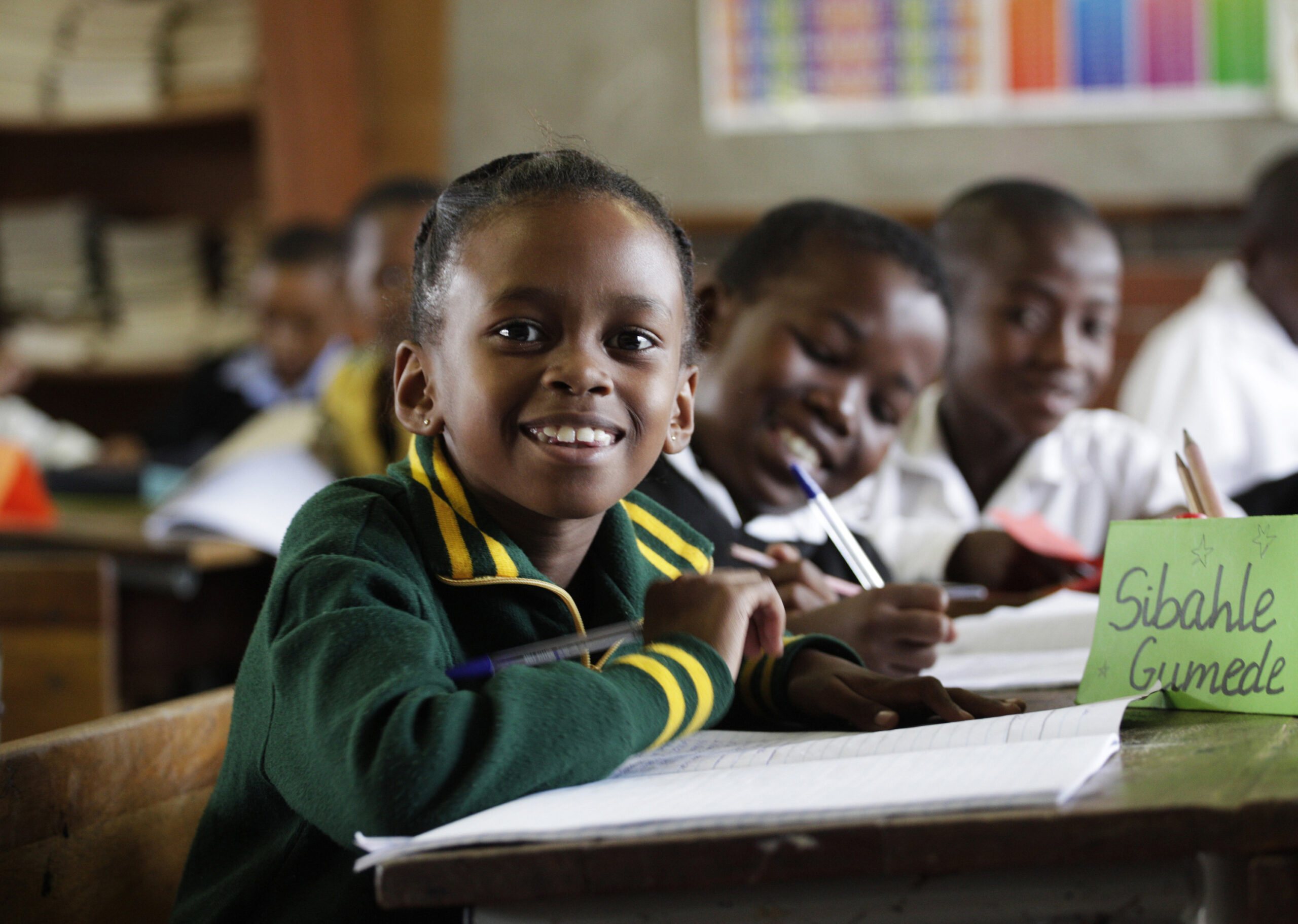
Inequality in education persists in South Africa #BeyondTheRainbow

Many who live in the city of Cape Town at the southern tip of the African continent love it and for the many who visit say it’s a remarkable place. There’s no doubt that Cape Town is an incredible city.
But beyond the beauty is a city of contrasts, between rich and poor, past and present…privilege and inequality. There is a place that tourists rarely see, Khayelitsha. Many of those who live there rarely get to see the rich side of Cape Town. Those who do, often feel actively left out.
“There’s a place called Seapoint….People look at you like you are a drug dealer of a gangster…Why do they have to look at me like that? I am a human being,” said Vuyolwethu Tswelekile, pupil.
That’s Vuyo’s experience, at just fifteen years old and still in school. For him, one of the biggest challenges facing South Africa is inequality in education.
“I have faced inequality in education when it comes to text books…I do business studies…40 learners must share 4 textbooks…” said Vuyolwethu Tswelekile, pupil.
Vuyo hopes to get into university one day. But he’s worried about what that entails.
“I am from a working class background. My parents are working class….They can’t afford to send me to university…If I don’t meet the requirements for a bursary I can’t get in…” said Vuyolwethu Tswelekile, pupil.
But challenges persist even for those who DO get into university. Many are familiar with South Africa’s recent Fees Must Fall protests. And many have spoken out against both the movement, as well as how authorities handled the tensions.
At the Baxter Theatre in Cape Town, one play has been trying to change perceptions. By taking a closer look at what students are going through.
“We’ve always said this play should be an inside eye of the human side of the struggle…” said Tshanado Mangcu, performer, The Fall.
But why has inequality in education become such an issue in recent times? And, why has it taken so long to become topical?
“We were told we are the lazy generation – the reason it’s taken this long is that we were told we have nothing to fight for…” said Ameera Conrad, performer, The Fall.
“Perhaps South Africa is stuck…I don’t want to be like this, be seen as this violent kid….We are the same as the people who were stuck in Apartheid…” said Thapiso Oarabileditsele, performer, The Fall.
So, how can we better address inequality in education and beyond?
Quinton Pretorius runs several projects in Johannesburg – bringing together wealthy and poor children – and the results have been encouraging.
“…once they start understanding that hard work is not the only thing needed to succeed…that inequality still exists…” said Quinton Pretorius, independent consultant.
There also appears to be a different approach of doing things for young people. Quinton explains why…
“Older people say the younger generation is without leadership…But young people have a different approach to leadership…” said Quinton Pretorius, independent consultant.
While many young people have to deal with inequality on a daily basis – in schools, in wealthy spaces, in dealing with authority…many of them still have hope for what South Africa can become.






